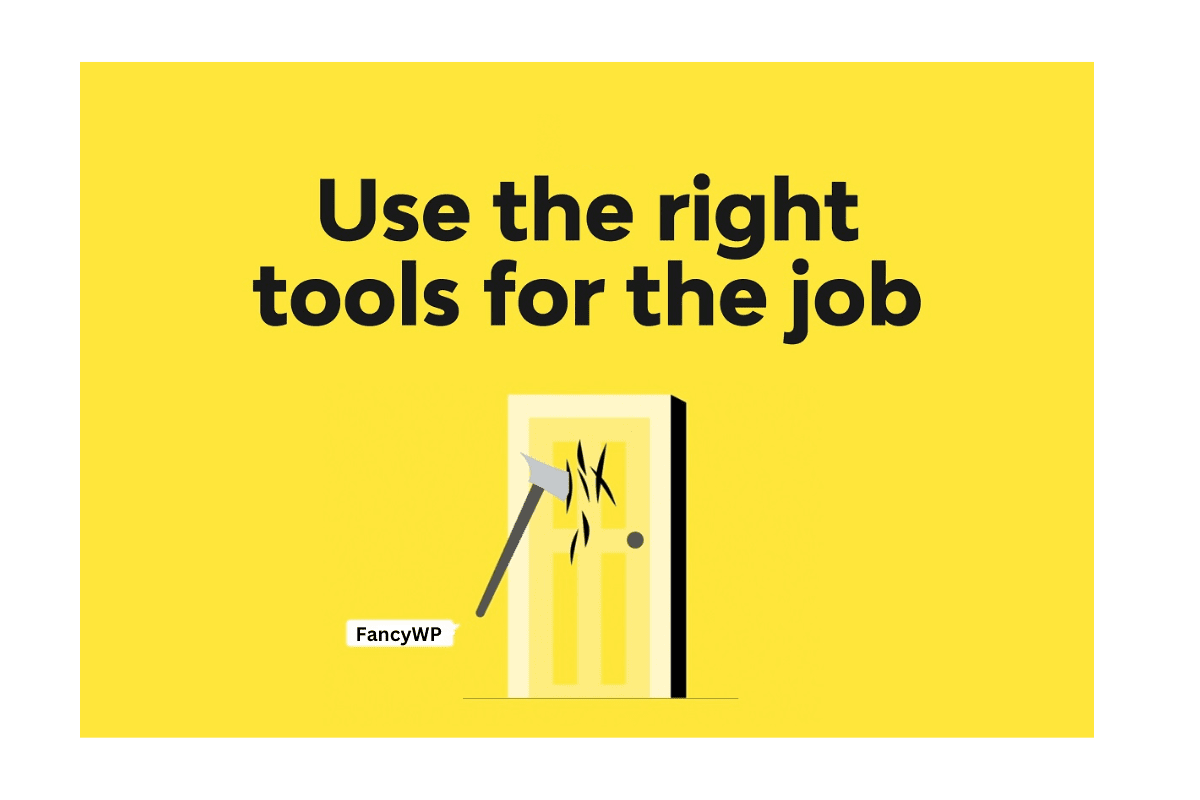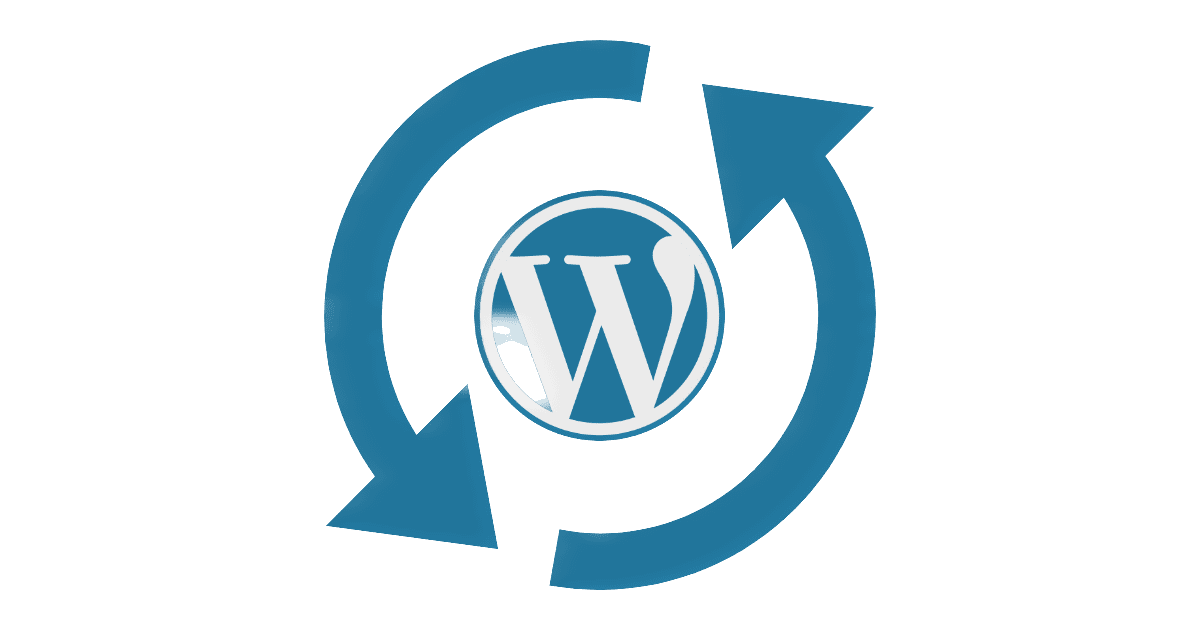
Landing the job of your dreams depends on more than just having a great resume. While it’s an important part of the job application process, you need to consider other factors as well if you want to stand out in the crowd and convince hiring managers and recruiters that you are the best person for the job. And this is where a professional cover letter comes in handy.
So, what is the difference between the two, and how can you use them to your advantage? Let’s answer these questions by defining the basics.
Of course, you already have a dream job in mind. But it also helps to know what other job titles out there as you may have to work with them at one point or another.
You’ve probably heard the term job title before, but what does it really mean? What qualifies as a job title? What are the different titles out there, and how do they correlate to each other?
The list of questions goes on, but don’t worry – this guide will help you with all your job title needs!
An SEO analyst is responsible for optimizing a website for search engine ranking. This involves conducting keyword research, developing link-building strategies, and managing on-page optimization.
The goal of an SEO analyst is to increase traffic to a website by improving its search engine ranking. SEO nalysts might use inbound marketing techniques like blogging or social media marketing to help drive traffic to the site.
A typical day in the life of an SEO analyst could include: conducting keyword research, working with graphic designers on content strategy, conducting competitive analysis, writing blog posts or producing videos that rank well in YouTube searches
An SEO Analyst earns $56K-$70K per year, depending on location and experience.

User experience (UX) designers are responsible for creating user-friendly, intuitive designs for websites and software applications.
A typical day in the life of a UX designer might involve conducting user research, brainstorming design solutions, wireframing, prototyping, and conducting user testing. UX designers need to have strong problem-solving skills and be able to think creatively to design solutions that meet users’ needs.
A digital marketing executive is responsible for planning, executing, and managing digital marketing campaigns. This job title usually falls under the umbrella of a marketing or communications team.
The position may also be known as an e-commerce marketer, in-house marketing manager, web developer, or even web designer. In most cases, this position requires some degree of knowledge in search engine optimization (SEO), graphic design and Photoshop, WordPress development, e-commerce platforms like Shopify or Magento, and social media marketing techniques like Facebook advertising.
Do you have a knack for social media? Do you love being active on Twitter, Facebook, and Instagram? If so, then a career as a social media manager may be perfect for you!
As a social media manager, you would be responsible for creating and curating content, managing campaigns, and engaging with customers or fans online.
As a growth marketer, your job is to find creative ways to grow a company’s user base and revenue. This might involve anything from developing new marketing campaigns to managing social media accounts to conducting user research.
To be successful in this role, you need to be analytical and creative, and you must have a strong understanding of how marketing works.

Copywriters are the people behind the written word in advertising and marketing. They write the headlines, body copy, and calls to action that appear in both traditional and digital media. And they do it all with the goal of persuading people to take the desired action.
For example, copywriters might be tasked with writing a Facebook ad for an organic beauty company. That ad would have one or two sentences describing the benefits of organic beauty products and then invite people to like their page by following the link provided.
The point is to entice readers into doing something they wouldn’t ordinarily do–in this case, becoming fans of an organic beauty company’s Facebook page.
A project manager is usually responsible for planning, executing, managing, and monitoring a project. This person often works with a team of individuals to ensure that the project is on track and completed on time and within budget.
A project manager must have strong communication, analytical, and organizational skills. He or she needs to be able to analyze problems as they arise, devise solutions, and provide feedback in order to help execute projects successfully.
In some cases, he or she may also need legal knowledge or business management experience. Project managers are employed by small businesses or corporations alike.
A data analyst is responsible for analyzing data and providing insights to help drive business decisions. They work with large data sets to identify trends, develop models, and create reports. Data analysts often have a background in mathematics, statistics, or computer science.
It’s not uncommon for an analyst to spend 50% of their time on research and the other 50% presenting findings and consulting with stakeholders.
A webmaster is responsible for the upkeep and maintenance of a website. This includes ensuring that all website content is up-to-date, troubleshooting any technical issues, and managing website security.
A webmaster may also be responsible for managing website hosting, domain registration, and email accounts associated with the website. In larger organizations, a webmaster may oversee a team of web developers who are responsible for the day-to-day management of the website.
A Community Manager is responsible for fostering online communities that are both active and engaged. This can be done through content creation and social media engagement and by moderating user-generated content.
A successful Community Manager will be someone who is outgoing and proactive, with a strong understanding of the brand they are representing.
So, you already have a job title in mind. What do you need to get that job? First, let’s begin with the resume.
A resume is a document that contains a summary of your skills, experience, and education. It is usually used when applying for jobs. It can be created using a professional resume builder. But for higher chances of landing a job, it should be tailored to each job you apply for, and it highlights your most relevant qualifications.
A professional resume generally has the following information:
If you want to make sure your resume stands out from the rest, you need to seek out professional help. A professional resume writer will know how to take your experience and turn it into a document that recruiters will take notice of.
Here are some other reasons why you should consider working with a pro:
Resume writing can be difficult, especially if you’re doing it on your own. At the same time, though, if you want to land that job interview and secure the position of your dreams, you need to write your resume in a way that’s compelling enough to get your resume read!
Here are some simple tips to help you write a killer resume that will get you noticed by hiring managers everywhere:
To write a great resume, you need to know what hiring managers are looking for and how to present your qualifications in the best light. Researching what hiring managers want can give you an edge over the tough competition.
No matter what field you’re hoping to enter, most employers will value formal education. Make sure your resume includes your highest level of completed education, as well as any relevant coursework or specializations. If you’re still in school, include your expected graduation date and any relevant internships or co-op placements.
When it comes to your work experience section, less is more. Choose your most relevant and recent positions and give a brief overview of your duties and accomplishments. Use action words and numbers to really sell yourself, and don’t forget to include any relevant skills you’ve acquired.
If you don’t have much work experience, you can also include internships, volunteer positions, or extracurricular activities that have helped you develop transferable skills.
If you’ve held other jobs in the past, don’t forget to include them on your resume! Even if they’re not directly related to the job you’re applying for, they can still show off your skills and experience. Plus, it’s always good to have a variety of experiences to talk about in an interview.
If you’re like most job seekers, you’re probably wondering if you should include references on your resume. The answer is that it depends.
If you have an extensive work history and solid references, then it’s a good idea to include them. However, if you’re a recent graduate or have limited work experience, then it’s probably best to leave them off.
Your resume is often the first impression you make on a potential employer, so it’s important to put your best foot forward. Check for typos and grammatical errors. Typos can immediately disqualify you from the job running, so take your time and check for any errors. Also, ensure consistency in heading spacing, font size, and margins as well.
These simple yet significant tips will ensure that your resume stands out from the rest of the pile of paper at an interview.
Now, we know what a resume is. Next, let us talk about the cover letter.
A cover letter is a document that you submit with your professional resume when applying for a job. The cover letter is an opportunity to introduce yourself to the employer and explain why you are qualified for the position. It should include information about your skills, knowledge, experience, qualifications, and motivation for working in this field.
Your goal should be to show the employer that you have what it takes to do well in this role by highlighting what sets you apart from other candidates. You should also give specific examples of how your past work experience relates to the position.
Cover letters are the first thing employers will see when you apply for jobs, so it’s important to make sure your cover letter stands out from the crowd of other applicants. It can be challenging to find cover letter examples that are up-to-date and relevant to your industry, but with these tips on how to write the perfect cover letter, you’ll be on your way to getting hired in no time!
When you’re applying for a job, a cover letter is your chance to show off your skills and explain why you’re the perfect person for the position. So, it can be tempting to write everything that will help you sell yourself. But what exactly should you include in your letter?
Here’s the thing. Your resume does most of the talking, so there’s no need to mention everything that you’ve done since birth. Keep it short and sweet and only mention relevant work experience or schooling.
If this isn’t the right company for you, then it doesn’t matter how well-written your cover letter is because they will never call you back. Remember to be polite and keep it professional. And remember that when writing a cover letter, don’t use exclamation points because they’re considered rude.
When writing your cover letter, be sure to use action verbs. These will help demonstrate your skills and experience to the reader. Some examples of action verbs include: created, designed, developed, managed, oversaw, etc.
Don’t start sentences with I or we. Using these words at the beginning of a sentence can sound like you are bragging or giving an excuse for something. You want to avoid sounding cocky, as it can come off as unprofessional and even narcissistic in some cases.
One of the biggest mistakes you can make when writing a cover letter is simply regurgitating the information that’s already on your resume.
Your cover letter should be an opportunity to expand on your experience and tell potential employers why you’re the perfect person for the job. Give specific examples from your previous work experience that demonstrate how you’ve demonstrated certain skills or how your experiences are relevant to the position.
Avoid listing more than five skills, but if you have more than five, break them up into categories like communications, teamwork, etc. Mention any awards or scholarships you may have received, and offer concrete examples as to what they mean to you in terms of your ability to do the job well.
Even if you’re really proud of your accomplishments, there is no need to show them off in a job application. Be specific about what makes you qualified: Hiring managers have time constraints, so they typically skim through applications looking for the most qualified candidates. If they find someone that meets their qualifications, they’ll stop reading and move on. Make sure that any good qualifications that make you stand out are highlighted within the first few paragraphs of your cover letter, so they don’t get lost in everything else!
Make sure not only to mention why you want this particular job but also what value you would bring to it. Finally, tie everything together by ending with something insightful about yourself like, “I am a hard-working individual who has succeeded in every leadership role I’ve been given.”
One of the biggest mistakes job seekers make is playing it too safe in their cover letters. Hiring managers want to see your personality shine through, so don’t be afraid to let it show!
Here are a few tips on how to do just that
A key component to any good job search is following up with your applications. This means more than just hitting the submit button – you should also follow up with a phone call or email to the hiring manager.
By doing so, you show that you’re truly interested in the position and willing to go the extra mile. However, make sure to keep it short and concise.

A professional resume and cover letter can help you land your dream job. However, you have to create them professionally and use them wisely.
When creating a resume, you must know first what to include by looking at examples of resumes online. Second, be sure to list accomplishments rather than duties because employers want to see how well you will do the job before they hire you. Lastly, make sure that your skills match up with the position requirements listed in their ad; otherwise, they won’t call you for an interview!
When it comes to writing a cover letter, make sure it follows the same guidelines as a resume: use strong verbs, speak about yourself in the third person and always keep it brief. If you’re not certain whether or not to attach a cover letter, consider these questions: is this company large enough to have someone read my application without it? Is this company small enough that I am required to submit one? Does this company require a cover letter on their website? If the answer is no, then don’t send one.
In conclusion, stay informed about trends in the workplace and research different industries so that you are better equipped when applying for jobs.
Dahlia Keen
With our extensive collection of elements, creating and customizing layouts becomes second nature. Forget about coding and enjoy our themes. Kindly reach out via email for the exclusive deals!


